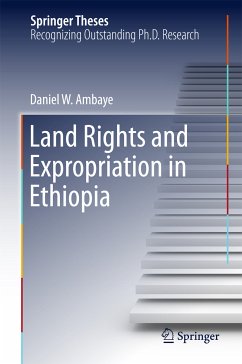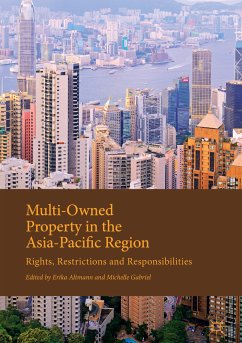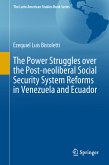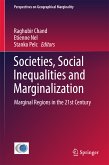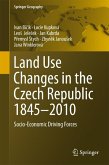Expropriation is an inherent power of the state to acquire land for public purpose activities. It is an important development tool in a country such as Ethiopia where expropriation remains the only method to acquire land. Furthermore, the two preconditions of payment of fair compensation and existence of public purpose justifications are not strictly followed in Ethiopia. The state remains the sole beneficiary of the process by capturing the full profit of land value, while paying inadequate compensation to those who cede their land by expropriation. Secondly, the broader public purpose power of the state in expropriating the land for unlimited activities puts the property owners under imminent risk of expropriation.
Dieser Download kann aus rechtlichen Gründen nur mit Rechnungsadresse in A, B, BG, CY, CZ, D, DK, EW, E, FIN, F, GR, HR, H, IRL, I, LT, L, LR, M, NL, PL, P, R, S, SLO, SK ausgeliefert werden.

